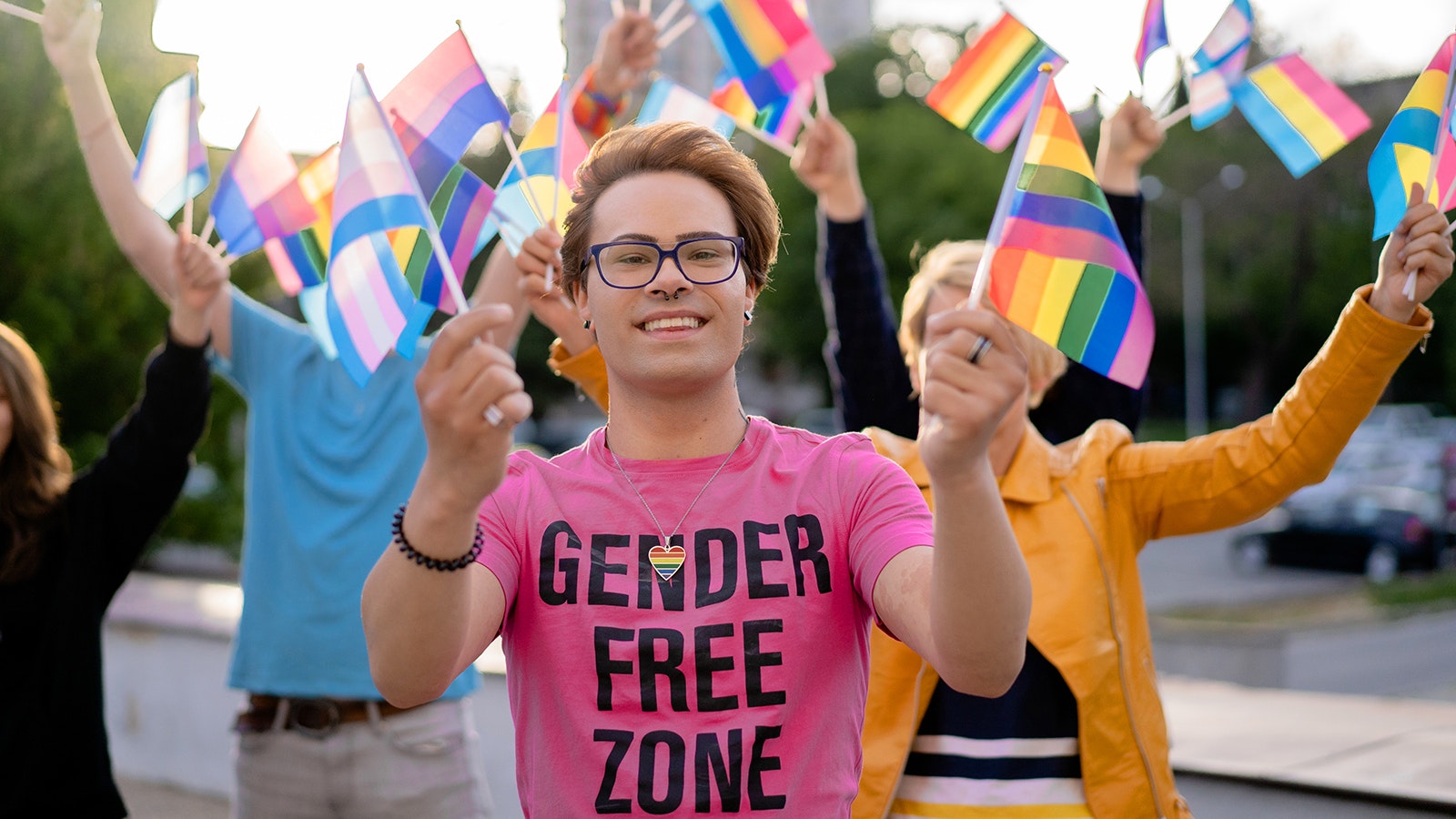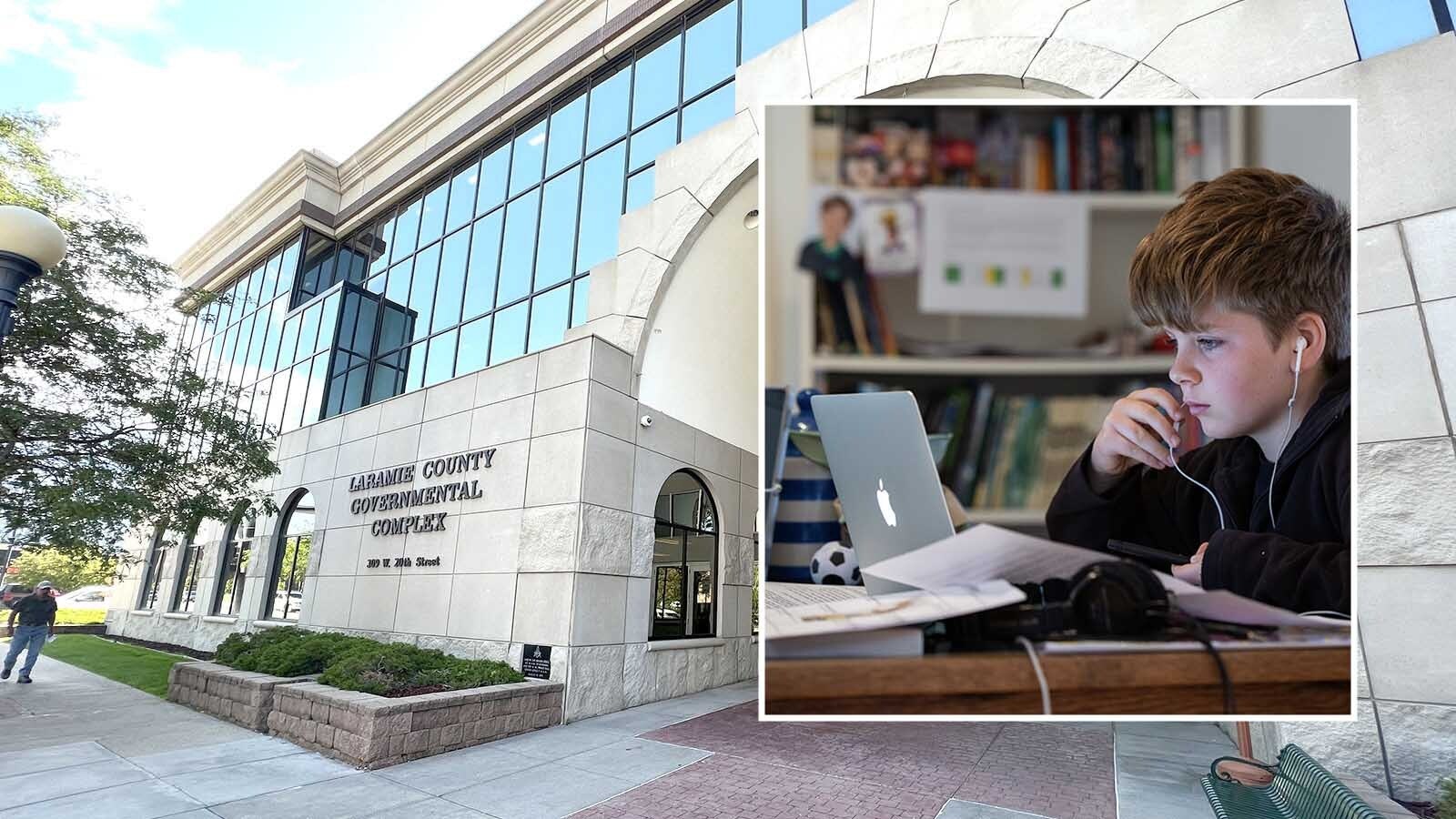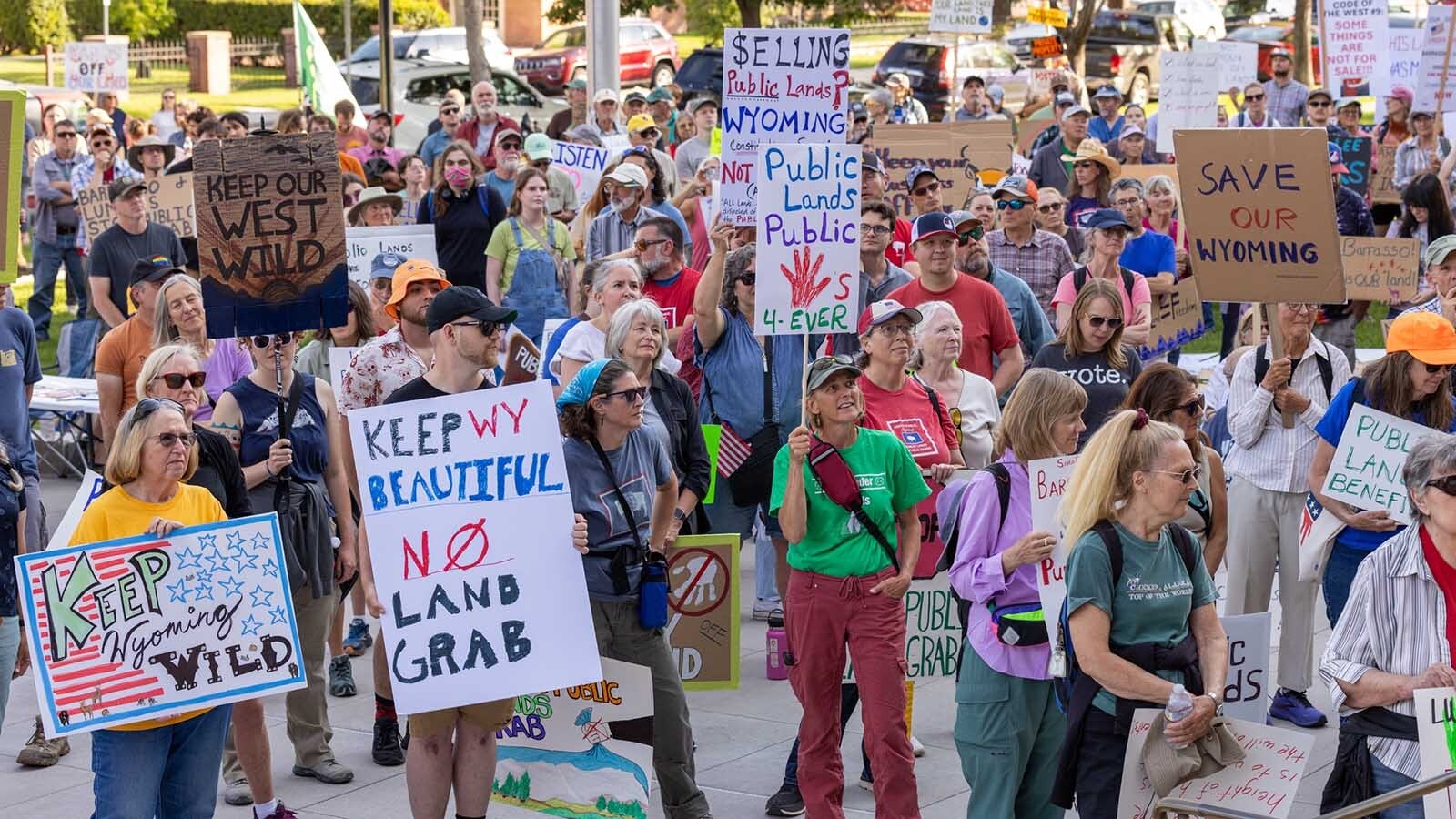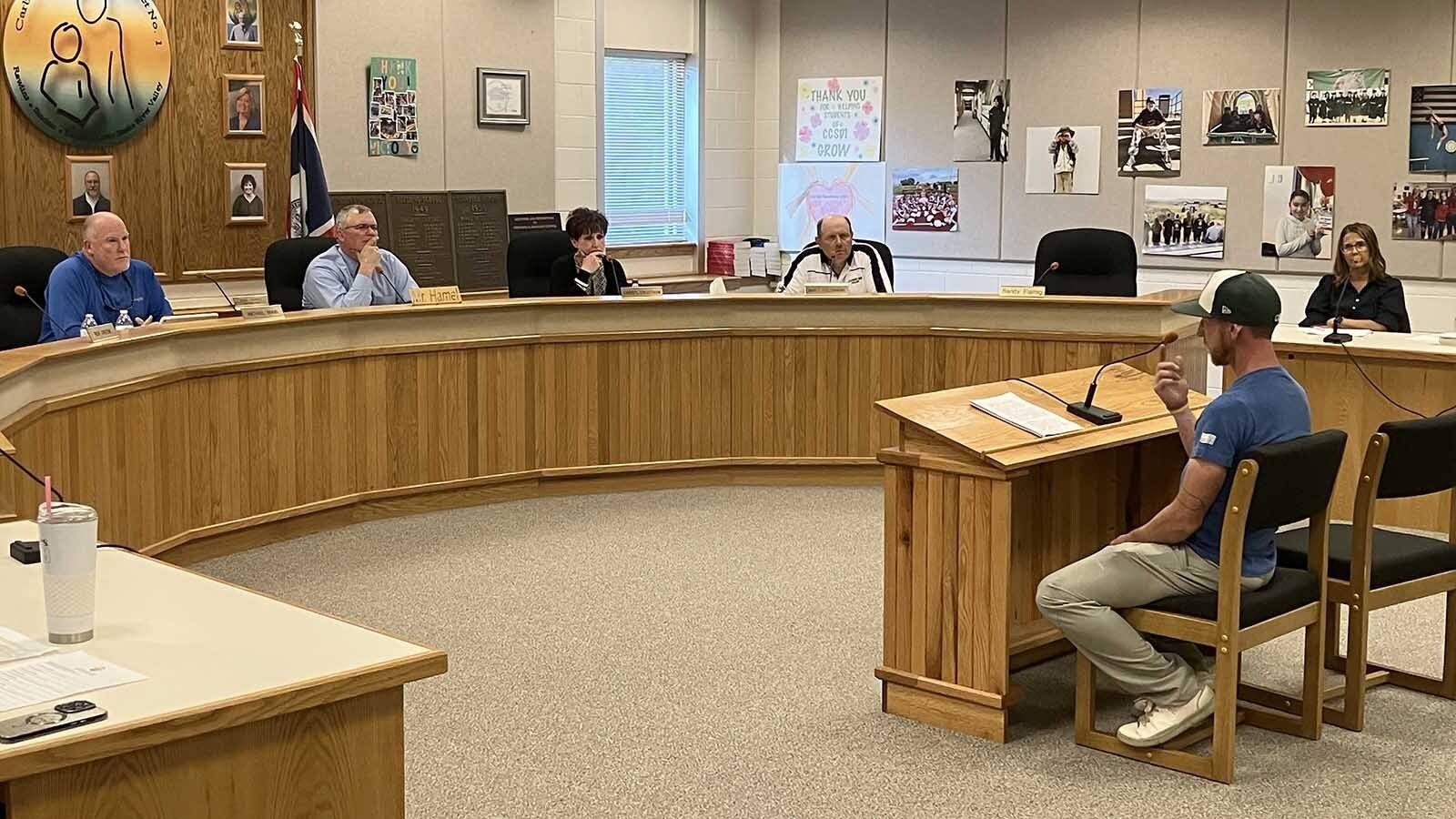More millennials believe calling a transgender person by unpreferred pronouns should not only be frowned upon, it should be illegal, according to a recent Newsweek poll.
Redfield & Wilton Strategies conducted an exclusive poll this month for Newsweek that shows 44% of people ages 25-34 believe “referring to someone by the wrong gender pronoun” should be criminalized, opposed to 31% who disagree.
The remaining 25% either didn’t know or didn’t have a position.
People ages 35-44 thought similarly, with 38% saying calling transgender people by unpreferred pronouns should be illegal, while 35% of that group disagreed and the remaining 26% didn’t know or didn’t give an opinion.
Both groups are mostly comprised of millennials. Millennials are people ages 27-42, or born between 1981 and 1996.
Both Of Y’All
Bruce Moats, a longtime Wyoming press attorney and free speech expert, told Cowboy State Daily the millennials’ instinct runs afoul of the First Amendment.
“There are no exceptions I know of to First-Amendment protection that would sit in that category, that would fit that type of criminal violation,” said Moats.
More socially liberal in his own thinking, Moats said he opposes efforts by leaders on both sides of the gender pronoun issue to criminalize speech.
“Now there’s this willingness to try to control other people,” he said, adding that people on both sides of the political aisle do it.
Words matter, and they wield power, he continued, which is why those who are in power are inclined to censor those who aren’t.
But the only thing that should curb speech, said Moats, is more persuasive and more reasonable speech.
“Democracy depends on the marketplace of ideas; you let them all in there and hopefully the truth arises to the top,” Moats said.
Live With The Friction
The Millennials reflected in the Newsweek poll are outliers, however. The poll also says 19% of Americans as a whole want criminal penalties for using natal pronouns on transgender people, while 65% disagree and 12% didn’t give a stance.
Even the recent graduates ages 18-24, Generation Z, didn’t reach for the judge’s gavel as eagerly as the millennials: 33% of them said misgendering should be a criminal offense while 48% disagreed.
Moats was discouraged to see younger groups reaching for law changes before civil debate. He said it could be a symptom of society ripping into opposite thought camps.
“Have the times affected our youth, and the division in the country, so they’re less trusting?” he asked. “Are young people losing … the ability to persuade others or to at least live with others that disagree?”
That’s concerning, Moats added.
He said people should learn to live alongside others with whom they disagree, and to debate them.
Slithering Around It
Language is malleable enough that if the government were to criminalize certain words, people would simply coin other words to take their place.
Moats pointed to post-World War II Germany, where the government expanded a longstanding statute limiting speech to forbid neo-Nazi instigations.
In 1994, Germany expanded the law to forbid Holocaust denial.
“People would use a substitute word that everybody knew meant the same thing, to get around (the laws),” said Moats. “It’s like trying to put a lid on a boiling pot.”
Thought Police
But what censorship regimes really want, said Moats, is to police thought.
But that’s destined to backfire, he added.
Moats theorized that if a person were to refer to a transgender woman as “he” and “him,” and then be arrested for it, it would only galvanize the person’s scorn for the ideals that made such a law system.
“You’ve got to persuade someone they shouldn’t be doing that, not make it a crime,” said Moats. “It might just tend to cement them (in their thinking).”
Society can persuade, pressure, argue, and even use profanity to make a point, he continued. But it can’t police thought, and therefore it can’t police speech.
Clair McFarland can be reached at clair@cowboystatedaily.com.





